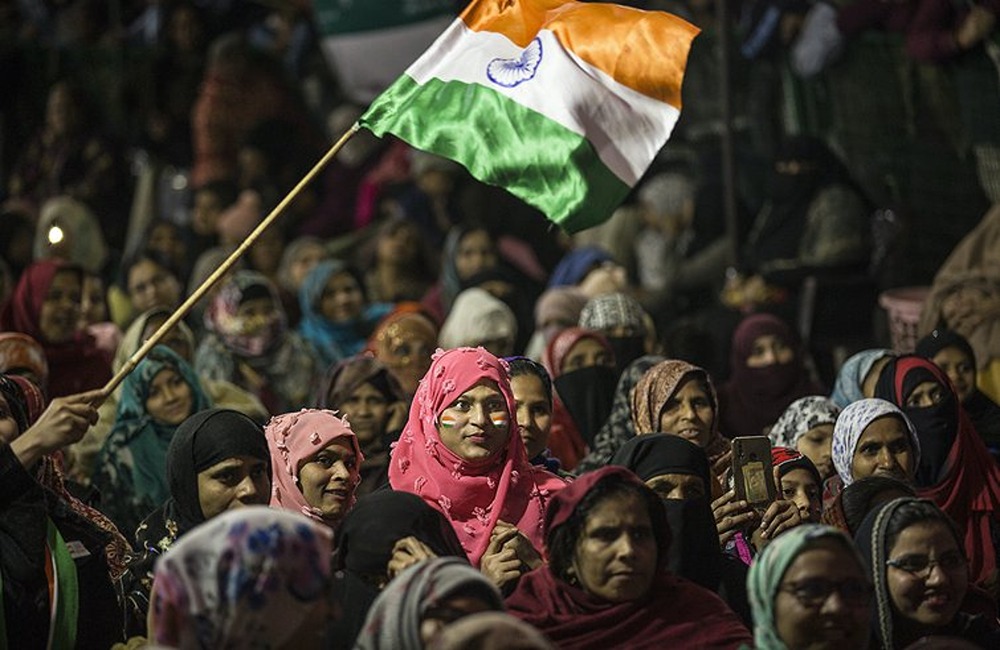The Centre for Policy Analysis (CPA) ranked India first among nations in its inaugural assessment of global minorities for how it treated religious minorities. India has come out on top in terms of religious minorities’ inclusion. According to the Global Minority Report’s survey of 110 countries, India has the highest level of acceptance of religious minorities, followed by South Korea, Japan, Panama, and the United States. The Maldives, Afghanistan, and Somalia are at the bottom of the list, with the United Kingdom and the United Arab Emirates ranking 54 and 61, respectively.
The Indian Constitution has particular and exclusive provisions for religious minorities’ progress in culture and education. According to the report, no other Constitution contains specific provisions for the advancement of linguistic and religious minorities.
It emphasises how, in contrast to many other countries, there are no restrictions on religious groups in India.
According to the report, the UN may use India’s minority policy as an example for other states due to its inclusion and absence of prejudice against different religions and their sects. However, it frequently fails to provide the desired results since there have been several incidents of disputes between the majority and minority populations, particularly the Muslim community, over a range of issues.
In light of this, the report emphasises India’s minority policy, which should be evaluated and re-examined on a regular basis. It goes on to say that if India wants to preserve its country free of conflicts, it must rationalise its approach to minorities.
The objective of the CPA-created Global Minority Report is also to educate the global population about the prevalence of religious discrimination against minorities in various countries.
This study also addresses the challenges that diverse religious groups and sects face on a global scale.
According to its proponents, the relevance of this research stems from the fact that it is the first worldwide evaluation to offer a grade to nations based on how they treat their individual religious minority. Furthermore, it is the first study by a group of non-Western and Afro-Asian nations to rank various countries based on specified criteria.

















